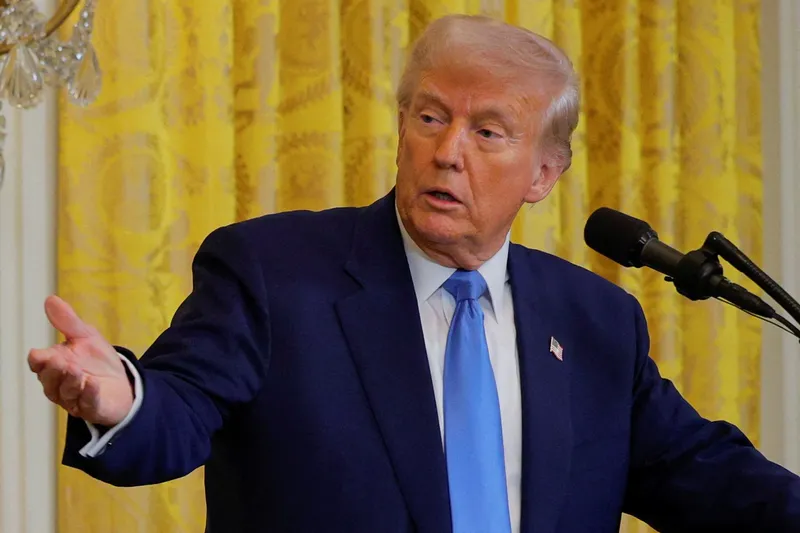
In a recent development underscoring the intricate dynamics of U.S.-China relations, Chinese Vice President Han Zheng attended President Donald Trump’s inauguration on January 20, 2025. This marked a significant gesture from Beijing, signaling a willingness to engage constructively with the new U.S. administration. Han’s presence, notable given the rarity of foreign leaders attending U.S. inaugurations, was viewed by international relations experts as a positive overture towards fostering dialogue and cooperation between the two nations.
Following the inauguration, Vice President Han met with U.S. Vice President J.D. Vance and prominent American business leaders, including Elon Musk. The discussions encompassed critical issues such as trade relations, the fentanyl crisis, and regional stability. Han emphasized the mutual interests and potential for collaboration between the U.S. and China, despite existing tensions. This dialogue reflects China’s readiness to work with the U.S. to achieve mutually beneficial outcomes in various sectors.
In the economic arena, China’s Vice Premier He Lifeng recently expressed concerns over U.S. tariffs and trade restrictions during a video call with U.S. Treasury Secretary Scott Bessent. Both officials acknowledged the importance of stable economic relations and agreed to maintain open channels of communication to address mutual concerns. This interaction highlights China’s proactive approach to managing trade disruptions and external shocks, aiming to foster a stable and sustainable economic partnership with the U.S.
Moreover, Vice Premier He Lifeng has extended an invitation to U.S. financial institutions and long-term capital investors to deepen mutually beneficial cooperation with China. He emphasized China’s commitment to creating a market-oriented, law-based business environment that aligns with international standards. This initiative aims to attract more U.S. investments, thereby strengthening economic ties and contributing to the healthy development of China-U.S. relations.
These developments collectively illustrate China’s strategic intent to engage in constructive dialogue and expand areas of cooperation with the United States. By addressing contentious issues through diplomatic channels and encouraging economic collaboration, China seeks to manage differences effectively and promote the steady development of bilateral relations. As both nations navigate the complexities of their relationship, such high-level engagements are pivotal in shaping a mutually beneficial future.







